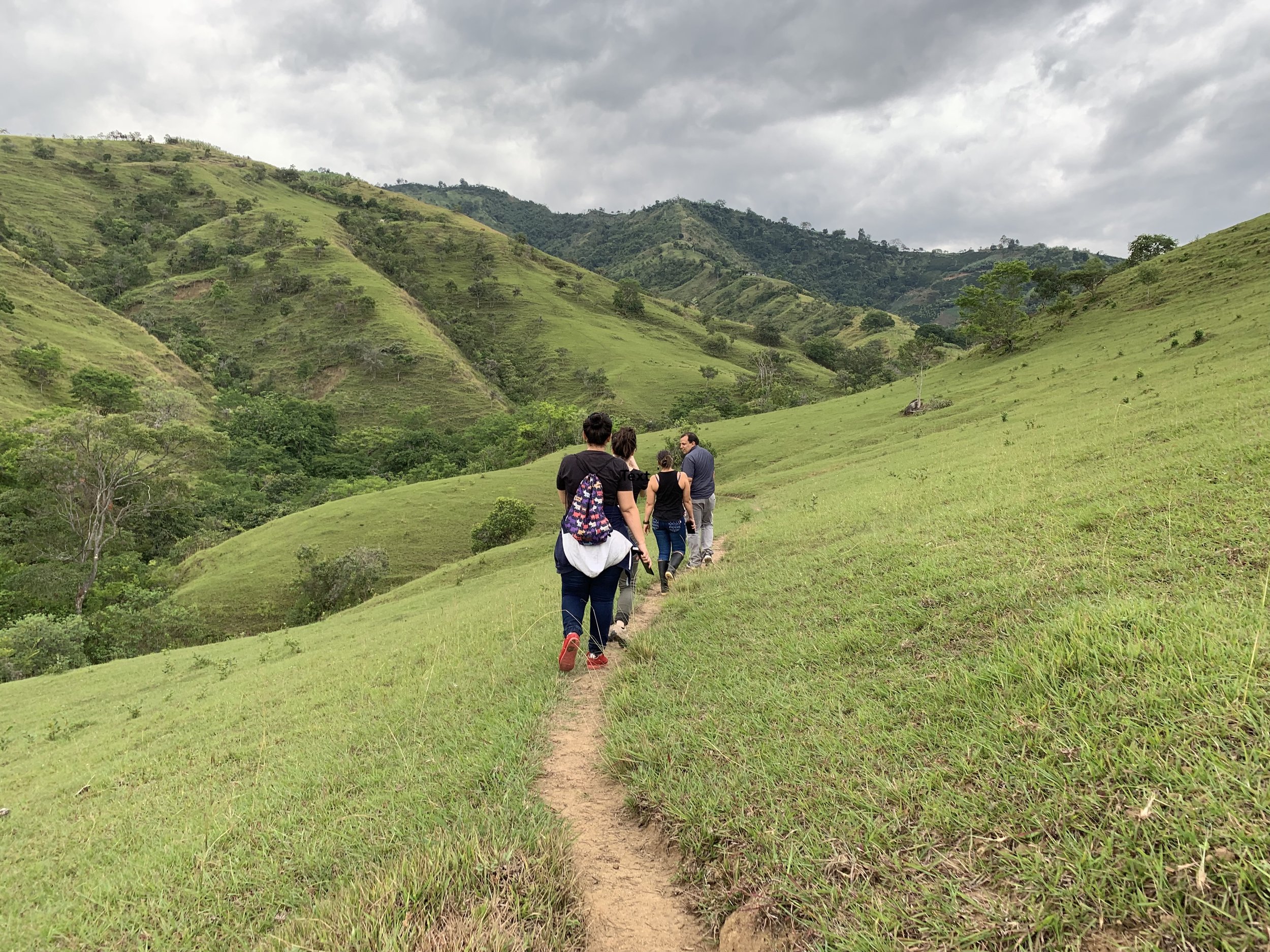Universities can be catalysts
for peacebuilding
The NYU Peace Research and Education Program generates knowledge on peace policy and practice in collaboration with universities, governments and community based organizations through action research with partners in Iraq, Colombia, Libya, Kenya, the US and beyond.
We work at the intersection of higher education & peacebuilding
PREP is the home for field-based peace research and action at the Institute for Human Development and Social Change and the NYU Center for Global Affairs.
PREP creates opportunities for young people to build on their skills and passions to create more peaceful communities.
Young peacebuilders in Sheikhan, Iraq wrote, produced, and directed this short film as part of a University of Duhok and PREP project aimed to strengthen youth capacity in in peacebuilding.
We connect master’s students with peacebuilding professionals and organizations throughout the world to gain international peacebuilding work and research experience through courses & events at the NYU Center for Global Affairs.
Explore Iraq's Marginalized Communities
Report Series by Dida Fariddon & edited by Hussein Ibrahim
Untold Stories, a powerful documentary directed by Dida Faridoon, explores the lives of Iraq's marginalized communities, including the Kakayi, Feyli Kurds, Armenians, Assyrians, Chaldeans, Syriacs, Sabean-Mandeans, and Jews. The film highlights the histories, struggles, and resilience of these communities. Dida Faridoon’s extensive research and work culminated in a series of 13 reports, each focused on one of these minority groups. These reports provide a deeper, more comprehensive understanding of their experiences, histories, and the challenges they face.
The documentary, screened at NYU in February 2025, is a joint project by Ideas Beyond Borders and Kurdistan Information Network; supported by the Wikimedia Foundation Equity Knowledge Fund. Along with the report series, a documentary trailer is also available for a visual glimpse into these powerful narratives.
Read the reports
Other recent publications
Global and Local Efforts to Assess Peacebuilding Effectiveness
Hill, Siira & Stoumen | 2023
Understanding what is meant by peacebuilding effectiveness is both a complicated and straightforward endeavor. On one hand, it is clear that peacebuilding can only be considered effective if it benefits those who are most affected by or at risk of suffering from the consequences of violence. However, determining which people qualify as “most affected” can be a contentious process -- and forces us to prioritize some local voices over others.
Our work at New York University’s Peace Research and Education Program (PREP) suggests that the answer lies in a participatory approach that develops deep understandings of priorities and effects as they are experienced at the local level. Only by asking -- and carefully listening to -- members of particular communities can we hope to learn what types of interventions actually change people’s lived experiences for the better on a day-to-day basis.
POSSIBLE PEACE, UNENDING WAR?
Moreno Ojeda & Helmsing | 2021
PREP published the English-language version of this interdisciplinary exploration on the prospects for peacebuilding in Colombia’s post-Agreement context with recommendations, based on critical analysis of the process to date, offer clues to be considered in order to make the Peace Agreement’s results more effective. The Spanish-language version was published by the University of Externado.
MSGA Alumna Rosalie Fransen (‘16) and PREP’s Thomas Hill and Katerina Siira contributed a chapter on “The Role of Conflict Transformation Education in Building Community-led Peace: The Case of RESURPAZ.”
The Spanish-language version of the article can be accessed here.
FINDING PEACE IN COLOMBIA | ENCONTRANDO LA PAZ EN COLOMBIA VOL. I
Siira, Rincón, Hill & Palacios | 2020
The historic 2016 Peace Agreement between the Colombian government and the FARC-EP created a framework for the transformation of the country after more than 50 years of armed internal conflict; the transition to a more peaceful Colombia is, in part, to be catalyzed by the Comprehensive System for Truth, Justice, Reparation, and No Repetition. Two years on, a collaboration between master’s students from the Center for Global Affairs at New York University’s School of Professional Studies and researchers from RESURPAZ of the Escuela Superior de Administración Pública sought to capture perceptions of peace and and reparations among youth, ex-combatants of the FARC-EP and survivors of violence committed by the state and the FARC-EP in Algeciras, Huila, Colombia, a municipality highly effected by violence. Their insights documented in this bilingual collection of work offer an important reminder that the road to a more peaceful Algeciras and Colombia runs directly through the communities most effected by violence.





